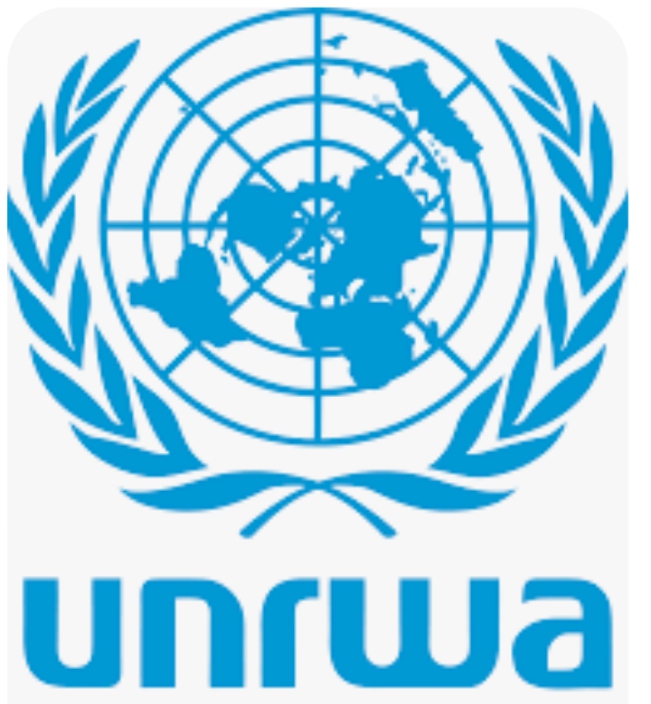The UN agency for Palestinian refugees (UNRWA) has pledged to continue to offer humanitarian support for Gazans sheltering in Rafah.
The UN agency made the pledge on Monday amid reports that 100,000 Palestinians have been told to leave Rafah ahead of an anticipated Israeli military operation in Gaza’s southernmost city.
UN humanitarians, however, insisted that they had no intention of quitting the vital aid hub.
“An Israeli offensive in Rafah would mean more civilian suffering and deaths. The consequences would be devastating for 1.4 million people.
“UNRWA is not evacuating: the agency will maintain a presence in Rafah as long as possible and will continue providing lifesaving aid to people,” wrote the UN agency for Palestinian refugees, (UNRWA), in a post on X.
Echoing that alert, the UN Children’s Fund (UNICEF) warned that a military besiegement and ground incursion in Rafah would pose catastrophic risks to the 600,000 children sheltering there.
“Many are highly vulnerable and at the edge of survival,” the UN agency said in a statement, highlighting increased violence in Rafah and the fact that potential evacuation corridors were likely mined or littered with unexploded ordnance.
“Any military move on Rafah will likely result in very high civilian casualties while also destroying the few remaining basic services and infrastructure that people need to survive.
“Hundreds of thousands of children who are now cramped into Rafah are injured, sick, malnourished, traumatised, or living with disabilities.
“Many have been displaced multiple times, and have lost homes, parents and loved ones. They need to be protected along with the remaining services that they rely on, including medical facilities and shelter,” UNICEF Executive Director Catherine Russell, said.
In a related development, the head of the UN World Food Programme (WFP) said northern Gaza was experiencing “full-blown famine…and it’s moving its way south.”
Cindy McCain’s remarks on Sunday echoed serious and repeated concerns from other senior UN officials and the international community about aid restrictions and delays imposed by Israeli authorities.
UNRWA chief Philippe Lazzarini, said in a post on X on Sunday that Israeli Authorities continued to deny humanitarian access to the United Nations.
“Only in the past two weeks, we have recorded 10 incidents involving shooting at convoys, arrests of UN staff including bullying, stripping them naked, and threats with arms,” he said.
He added that long delays at checkpoints forced convoys to move during the dark or abort.
The UNRWA Commissioner-General also condemned rocket attacks on Kerem Shalom crossing, which reportedly killed three Israeli soldiers, leading to its closure.
The crossing is a key humanitarian relief entry point.
According to media reports, leaflet drops by the Israeli military above eastern Rafah advised communities to move to the so-called safe zone of Al Mawasi, to the west of Rafah, by the Mediterranean Sea.
UN High Commissioner for Human Rights Volker Türk on Monday also warned that civilian deaths, suffering, and destruction were set to increase beyond already unbearable levels following the eastern Rafah evacuation order.
“This is inhumane. It runs contrary to the basic principles of international humanitarian and human rights laws, which have the effective protection of civilians as their overriding concern.
“Forcibly relocating hundreds of thousands from Rafah to areas which have already been flattened and where there is little shelter and virtually no access to humanitarian assistance necessary for their survival is inconceivable.
“It will only expose them to more danger and misery. More attacks on what is now the primary humanitarian hub in the Gaza strip are not the answer,” Türk added.
Since Oct. 7, 2023 when Hamas-led terror attacks on southern Israel prompted massive Israeli bombardment and a ground offensive, at least 34,680 Palestinians have been killed – including over 14,000 children – and over 78,000 wounded, according to the Gazan health authorities.
Some 1,250 people were killed in southern Israeli communities and more than 250 were taken hostage.

